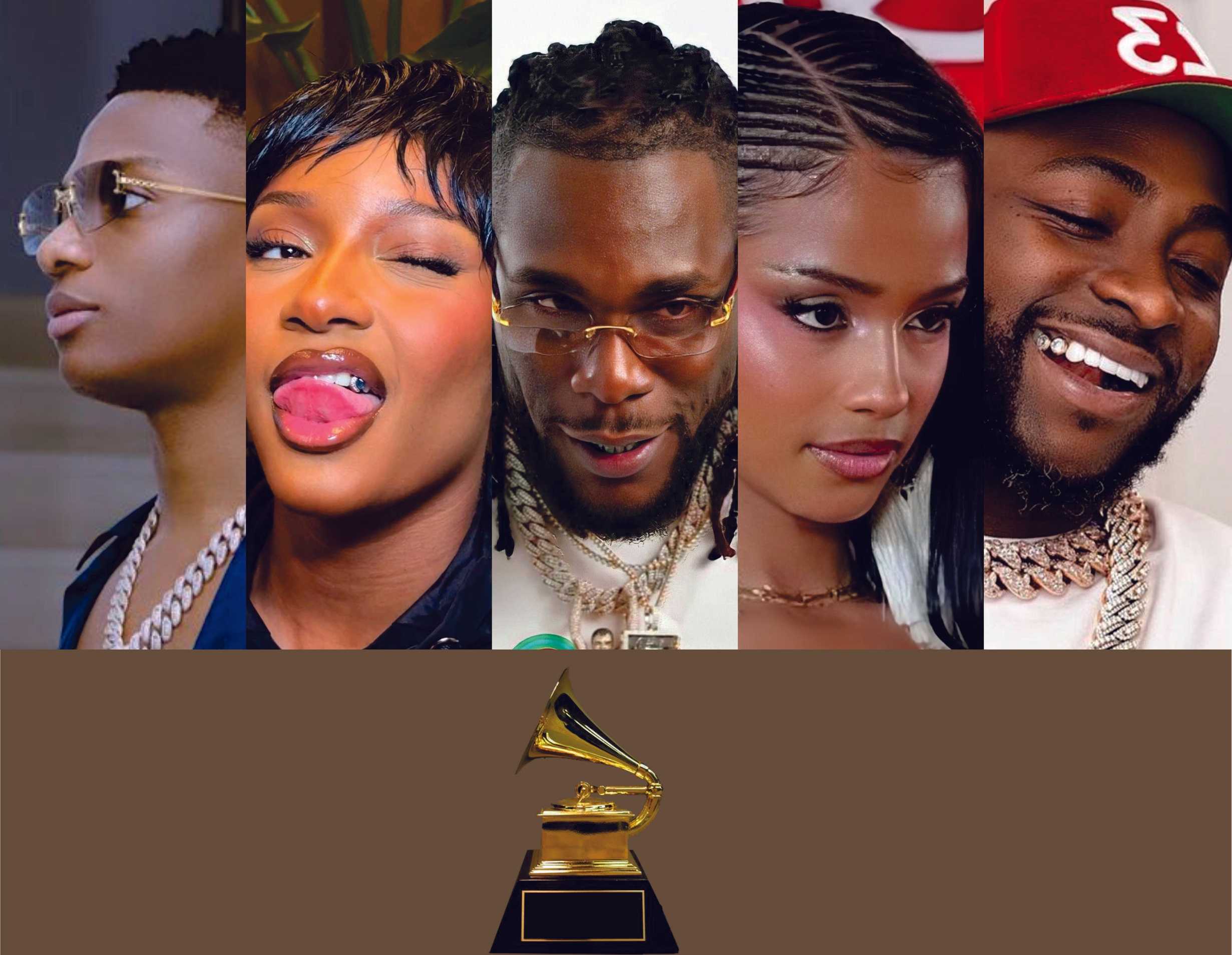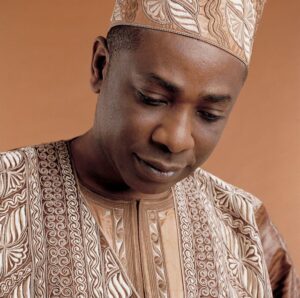How African Sound Is Taking Over the Grammys and Changing Global Music Forever

Some nights, you can almost feel the electricity of Africa humming through the streets of Lagos, Johannesburg, Accra, and Nairobi. Music isn’t just sound here, it is the heartbeat, the air, the pulse that refuses to be ignored. And this year, that heartbeat is louder than ever, because the world’s most prestigious music stage the Grammys has turned its gaze toward us, toward Africa, and toward a generation of artists who are rewriting the rules of global sound.
Some nights, you can almost feel the electricity of Africa humming through the streets of Lagos, Johannesburg, Accra, and Nairobi. Music isn’t just sound here, it is the heartbeat, the air, the pulse that refuses to be ignored. And this year, that heartbeat is louder than ever, because the world’s most prestigious music stage the Grammys has turned its gaze toward us, toward Africa, and toward a generation of artists who are rewriting the rules of global sound.
ALSO READ:
-
Ayra Starr Breaks Records at 2025 MOBO Awards, Wins Big for Nigeria and African Women in Music
-
Feature Fever, How Wizkid, Asake and Gunna Are Rewriting Afrobeats in 2025
-
Burna Boy’s No Sign of Weakness Is Not Just Music, It Is a Global Declaration
The nominees alone read like a roll call of triumph and ambition. Burna Boy, the once crazy boy turned global icon who made Afrobeat a household name across continents. Wizkid, whose collabs with Beyoncé and Justin Bieber have cemented him as one of the most influential African voices of the decade. Davido, whose hits make stadiums shake and whose name has become synonymous with African pop culture. Ayra Starr, the young firebrand with a voice that carries the weight of an entire generation, daring to take over charts at barely 20. Tyla, South Africa’s rising sensation, already making history as the first ever winner in the new Best African Music Performance category. Eddy Kenzo from Uganda, who has carried East African rhythm to the global stage. Youssou N’Dour, the Senegalese legend whose career spans decades but continues to resonate like it was yesterday. And newcomers like Omah Lay and Mehran Matin, whose first ever nominations mark the start of stories that the world will be watching closely.
This is a map of ambition, of culture, of struggle and triumph. Every artist on that list has carved a path in a world that has not always been ready to listen to African music on its own terms. They have battled systemic barriers, fought stereotypes, navigated global markets that often try to box African sounds into something digestible, and yet they have come out with voices strong enough to break ceilings.
And now, the Grammys, a stage historically dominated by Western sounds, are nodding their heads to Africa. The excitement is palpable in tweets, Instagram stories, street corners, and clubs across the continent. Fans are screaming, dancing, theorizing who will take home the award, and what it will mean for our music industry at large.
For music lovers, this is validation. For industry experts, this is a signal, Africa is no longer the guest in the global room, Africa is hosting the party. For upcoming artists, this is inspiration and pressure bundled into one, the message is loud and clear your sound, your story, your hustle can reach the world, if you dare to believe.
The pulse of the continent is more than rhythm. It is anticipation, it is pride, it is the knowledge that history is being made in real time. And while the world watches, these nominees carry not just their music, but the weight of millions of listeners, fans, and creators who see themselves reflected in every beat and lyric.
The Grammys are coming, and Africa is ready to make them remember our name.

MORE ARTICLES:
-
Weekend Visuals: New Sounds, New Stories
-
Felabration 2025: Shakara for Days – A Silver Jubilee of Fire, Identity & Legacy
-
Afrobeats on Fire, The Hottest Singles Right Now and the Albums We Are Waiting For

Desauce Magazine is more than a blog, it is a cultural journal capturing the rhythm of Nigeria. From music and film to lifestyle and social issues, we tell stories that reflect the energy, struggles, and brilliance of our people.



